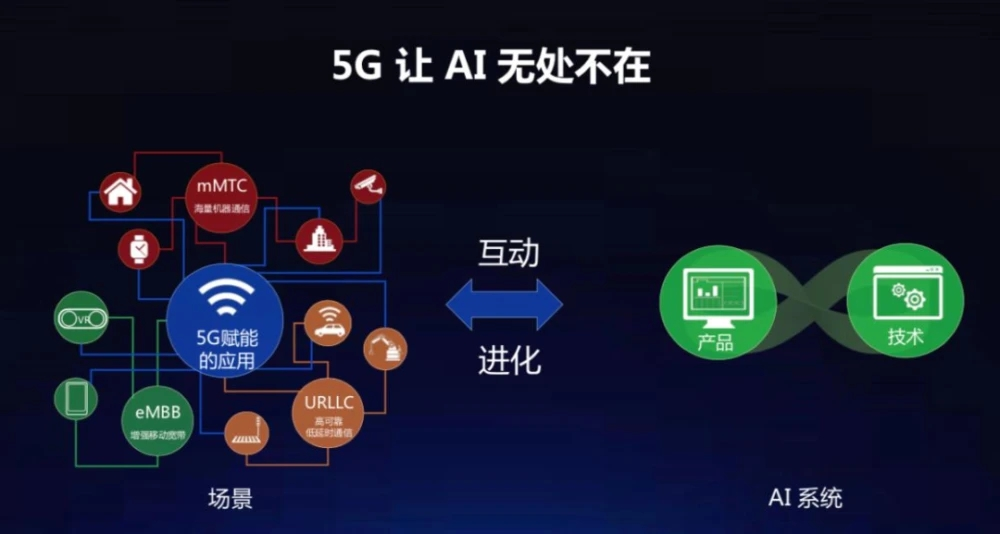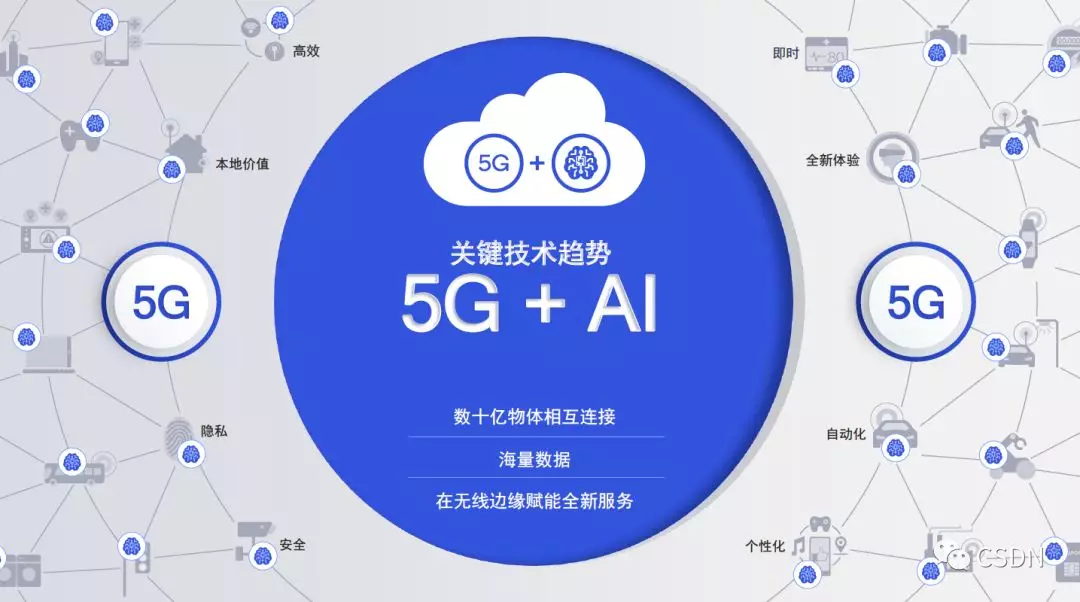Continuous innovation to meet the challenges and capture opportunities facing the telecom industry in 2024.** As 2024 opens, the telecom industry is at a critical juncture, facing the disruptive forces of accelerating deployment and monetization of 5G technologies, retirement of legacy networks, and assimilation of emerging artificial intelligence (AI). While 5G capabilities have advanced, consumer confidence remains lukewarm, pushing the industry to explore avenues for monetizing 5G beyond initial applications. AI has become an area of focus, with companies eager to develop more intelligent networks and explore the generative abilities of AI. The industry is also gradually waking up to sustainability, with early 5G networks prioritizing speed over energy efficiency, now driving practices that are more sustainable going forward.
01.Monetizing 5G in the face of customer dissatisfaction
Monetizing 5G remains a major challenge for the telecom industry. Despite 5G delivering enhanced capabilities, customer attitudes toward this next-gen technology remain tepid. The industry is closely watching the mismatch between 5G tech abilities and customer satisfaction, striving to expand 5G’s monetization potential beyond initial applications. Innovative approaches will be key to effective 5G monetization amid customer discontent. This could involve improving user experience, offering more personalized services, and developing engaging applications that attract users.
02.From trials to mainstream: Progress on 5G Standalone (SA)
One of the key 2024 trends outlined by Ookla Chief Analyst Sylwia Kechiche is the critical progression of 5G Standalone (SA) from trial stage to mainstream implementation. This advancement will facilitate more comprehensive integration of 5G technology across the telecom industry, setting the stage for wider applications in the future. 5G Standalone promises to not only enhance network speeds and capacity but also support more device connections, propelling developments in areas like IoT and smart cities. Additionally, extensive 5G coverage will create more business opportunities for the industry, including deployment of innovative technologies like augmented reality and virtual reality.
03.Open RAN and interoperability
Another key aspect of the 2024 telecom landscape is the ongoing debate around openness and interoperability of Open RAN. This issue is crucial for the telecom industry as it involves challenges in integrating different network elements and ensuring seamless connectivity. Addressing this will facilitate promoting openness in telecom networks and ensuring good interoperability between diverse devices and systems. Implementing open RAN promises greater flexibility and scalability for the industry, spurring innovation and competition. At the same time, ensuring interoperability will also simplify network administration and maintenance, improving overall efficiency.
04.Partnerships between satellite technology and telecom operators
This collaboration is expected to enhance network reach and speed, especially in remote areas, further expanding 5G network coverage and capabilities. By integrating satellite technologies, the telecom industry will be better positioned to meet user demands, particularly in edge regions. Such partnerships could also promote the spread of digitization and connectivity in remote areas, providing wider communication services and access to information for local populations.
05.Phasing out of 3G networks
Phasing out 3G networks to improve spectral efficiency is another trend defining the 2024 telecom landscape. By retiring these legacy networks, the industry can free up spectrum to be used more efficiently, boost performance of existing 5G networks, and pave the way for future technological advances. This move will enable the telecom industry to better adapt to the rapidly evolving technological environment. Decommissioning 3G networks will also release equipment and resources, providing greater room and flexibility for deploying 5G and future technologies. As next-gen technologies take hold, the telecom industry will be more focused on delivering efficient, high-performance communication services.
06.Conclusion
The development trajectory for the telecom industry will be heavily influenced by strategic decisions in these areas. The industry hopes to see extensive industry collaboration and continuous innovation in network technologies to meet challenges and capture opportunities facing telecom in 2024. As 2023 draws to a close and 2024 beckons, the industry is at an inflection point, needing to grapple with the challenges and prospects presented by 5G monetization and AI assimilation.
Chengdu Concept Microwave Technology CO.,Ltd is a professional manufacturer of the 5G/6G RF components in China , including the RF lowpass filter , highpass filter , bandpass filter , notch filter/band stop filter , duplexer,Power divider and directional coupler . All of them can be customized according to your requrements .
Welcome to our web : www.concept-mw.com or reach us at: sales@concept-mw.com
Post time: Jan-30-2024


